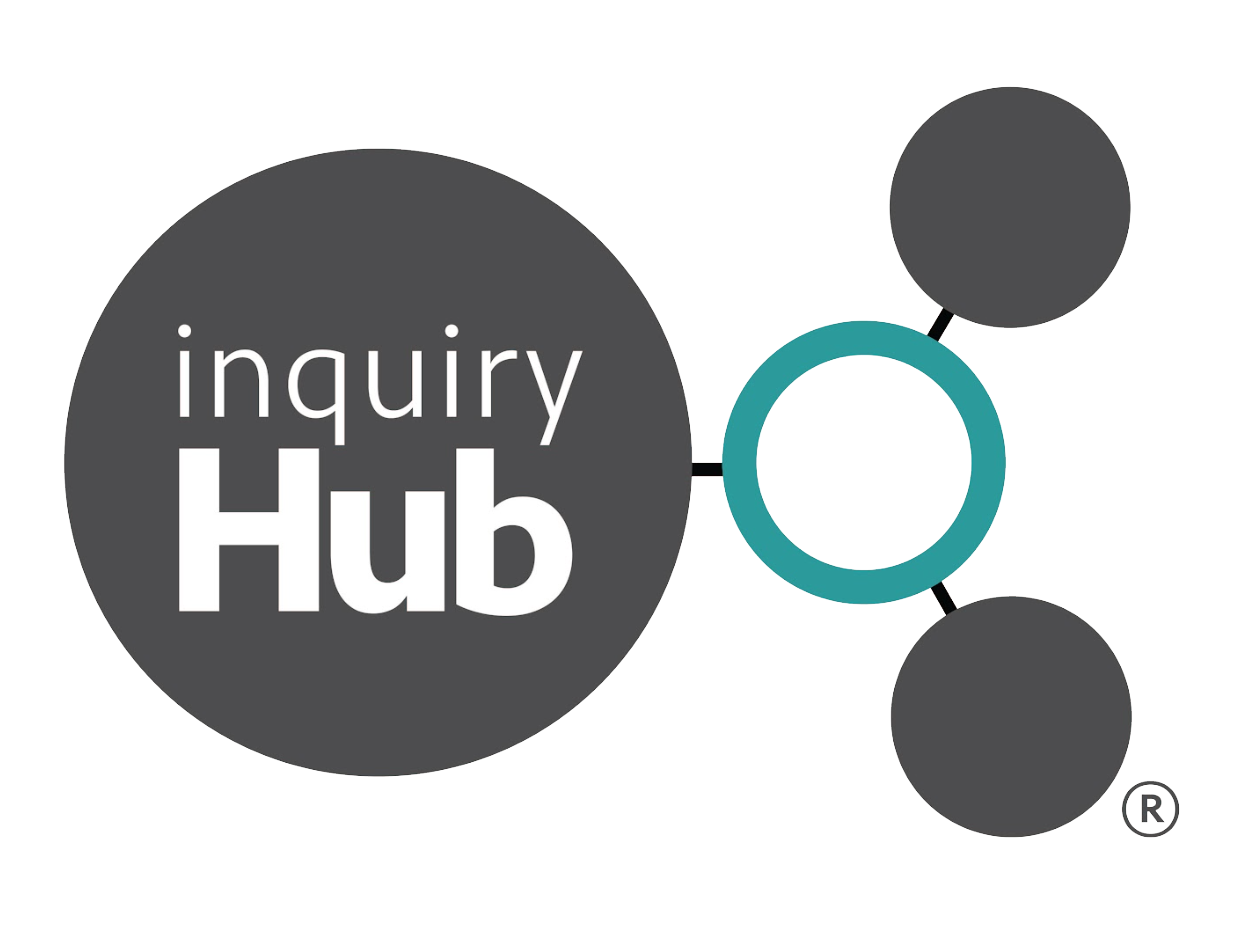Come see us at NSTA Philadelphia!
The inquiryHub team will be in Philadelphia for NSTA, and would love to see you there. Register on the NSTA website.
Thursday, March 27
-
Presenter: Melissa Campanella, Kate Henson, Bill Penuel
Many high-quality curricula use transfer tasks, phenomenon-based assessments where students demonstrate their three dimensional understanding while exploring a novel scenario. In this session, educators will work through an example of a transfer task and an activity structure that helps students learn how to engage with these assessments.
-
Presenters: Bill Penuel, Melissa Campanella
How do we know which of our students are figuring things out that they care about? Which students are contributing to knowledge-building in small groups? Join us to learn about a simple approach to using data from exit tickets with research-based strategies to promote more equitable participation in OpenSciEd classrooms.
-
Presenters: Bill Penuel, Melissa Campanella
It is powerful to connect science instruction to local phenomena and community priorities—but it is challenging work! Join us to explore benefits and cautions of adapting OpenSciEd instructional materials to local contexts and to learn multiple strategies for localization of resources. In this workshop you will learn five different strategies to make materials more relevant to your students, wherever you live.
-
Presenters: Kate Henson
High quality curriculum materials like OpenSciEd can be overwhelming! Join us to learn how to use the lesson unpacking protocol to get ready to teach with OpenSciEd.
Friday, March 28
-
Presenters: Bill Penuel, Abe Lo, Cari Herrmann-Abell, Elaine Klein
Want to create 3D assessment tasks that students enjoy completing and leave wanting to learn more? Join us for this session where we will explore three different approaches to choosing phenomena and problems for assessments that align to standards and connect to students’ interests and identities.
-
Presenter: Greg Benedis-Grab
Our innovative approach to science and STEM engages students through hands-on and minds-on physical computing curricular units. Through this approach you can enable students to leverage computational thinking to investigate, develop models and ultimately enact local and global change.
-
Presenter: Greg Benedis-Grab
In this workshop you will experience our innovative unit: Self Driving Cars. Incorporate AI, computer science, and a compelling social issue into science and STEM classrooms. During the workshop you will participate in hands-on unit activities as well as review this freely available curriculum.
-
Presenters: Bill Penuel, Greg Bendis-Grab
Do you want all students to contribute more of ideas in science class? In this workshop, we’ll present Community Agreements routines that build a culture where students feel safe sharing ideas and caring for one another. Creating a supportive classroom cuture is critical to all NGSS learning.
-
Presenters: Melissa Campanella, Bill Penuel
The field of science education has made great strides in implementing the Next Generation Science Standards in order to fulfill the vision for science education established in A Framework for K-12 Science Education. Progress has been made developing high quality instructional materials with embedded strategies that support equitable learning opportunities for students and beginning to shift assessment practices to those that value and support diverse sensemaking. While this progress is hopeful, it fails to support our students, particularly those most in need of our support, if grading practices remain unchanged. Join us as we critically examine and refine current practices and figure out how to navigate tensions between the demands of our science vision and traditional grading practices and policies.
-
Presenter: Kate Henson
Electronic Exit Tickets check for understanding of lesson-level PEs, make connections between content and students’ lives, elicit information about their experiences, and help students reflect on their own use of SEPs and CCCs. They can help reduce grading time and provide actionable information about students’ 3D understanding.
-
Presenter: Bill Penuel
Cultivating compassion within the context of teaching and learning can be an important resource for sustaining caring for self and others. We invite you to join us to pause and practice compassion. Come learn about tools for resourcing yourself to apply in school and personal contexts.
